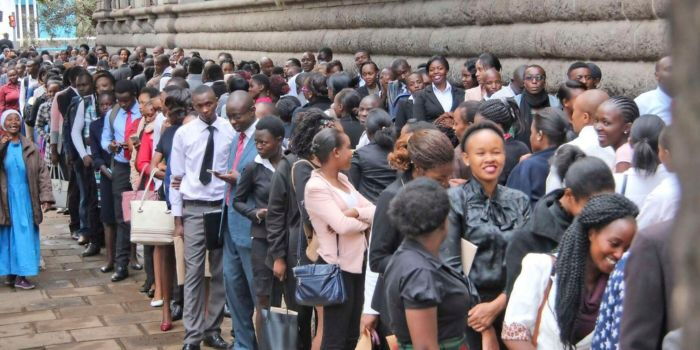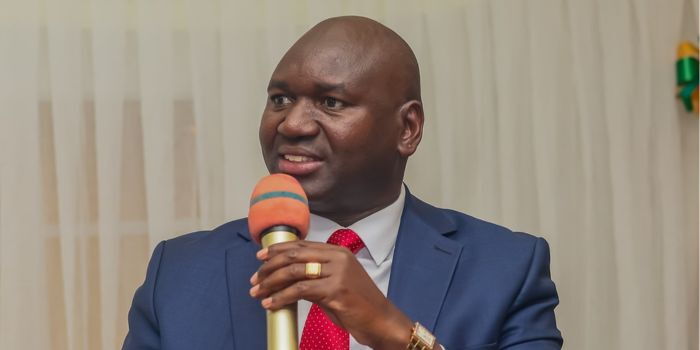Teachers in Kenya may soon have more money in their pockets after a big announcement from the government. The State Department for Basic Education has confirmed plans to review the controversial double payment of medical insurance that has been affecting thousands of teachers.
Julius Bitok, the Principal Secretary (PS) in the State Department for Basic Education, made the revelation on Monday, August 11, during a consultation forum with public school head teachers.
This meeting was the first in a series of countrywide talks meant to address problems in the education sector. Teachers have long complained about unfair deductions from their salaries, and this time, it looks like their voices are being heard.
According to PS Bitok, the government is working on creating a special medical insurance scheme for teachers, one that will stop them from paying twice for the same benefit.
“It is not right that teachers are paying twice for medical insurance. That is not the government’s position. We are engaging relevant stakeholders so that teachers can benefit from a reliable special scheme like civil servants and other specialised cadres,” Bitok told the gathering.
The issue started when teachers noticed that their salaries were being deducted for both the Social Health Authority (SHA) and a private insurance provider. Despite this, many still had to pay out of pocket when seeking treatment in hospitals.
Currently, the SHA takes 2.75% of a person’s gross or household income every month, with a minimum payment of Ksh300. On top of this, teachers also contribute to their separate medical scheme.
The teachers’ medical cover, offered by a local insurer, includes inpatient, outpatient, maternity, optical, and dental benefits. It also has group life cover and funeral expenses support.
The scheme allows members to get treatment without needing a physical card, teachers can simply use their payroll number or biometric verification at approved hospitals.
But for many, these benefits are overshadowed by the double deductions that shrink their monthly pay.
Bitok assured teachers that the Ministry of Education will work with the Teachers Service Commission (TSC) and teachers’ unions to find a lasting solution. This could mean merging or reorganising the schemes to remove unnecessary payments.
While the medical issue took center stage at the meeting, it was not the only concern raised. Teachers also spoke about delays in capitation funds, which are meant to support school operations. Many head teachers say these delays make it hard to run schools effectively.
Inadequate infrastructure was another major concern. Some schools lack enough classrooms, desks, and even basic facilities, putting pressure on teachers and students alike.
Teacher promotions also came under discussion. Many educators expressed frustration at the slow and unclear promotion process, saying it demotivates hard-working teachers.
PS Bitok promised that these issues would be discussed in all counties as part of a listening tour.
“Head teachers, as hands-on managers, have unique insights into the real state of our education system. We intend to visit each county for a sit-down with principals for candid conversations on what is not right and what can be done better,” he said.
The pension system was also raised as a problem area. Retired teachers often wait a long time before receiving their pension payments. Teachers are asking the government to make these payments faster and more reliable.
In addition, there were calls to harmonise the roles of TSC and Ministry of Education field officers, especially when it comes to school inspections. Many head teachers say overlapping roles cause confusion and unnecessary stress.
The forum ended with teachers hopeful that the government’s promises will lead to real changes, especially in their payslips.
For now, all eyes are on the Ministry of Education, TSC, and unions as they negotiate a way forward. If they succeed, this could mean more take-home pay for teachers and fewer financial frustrations in the future.






